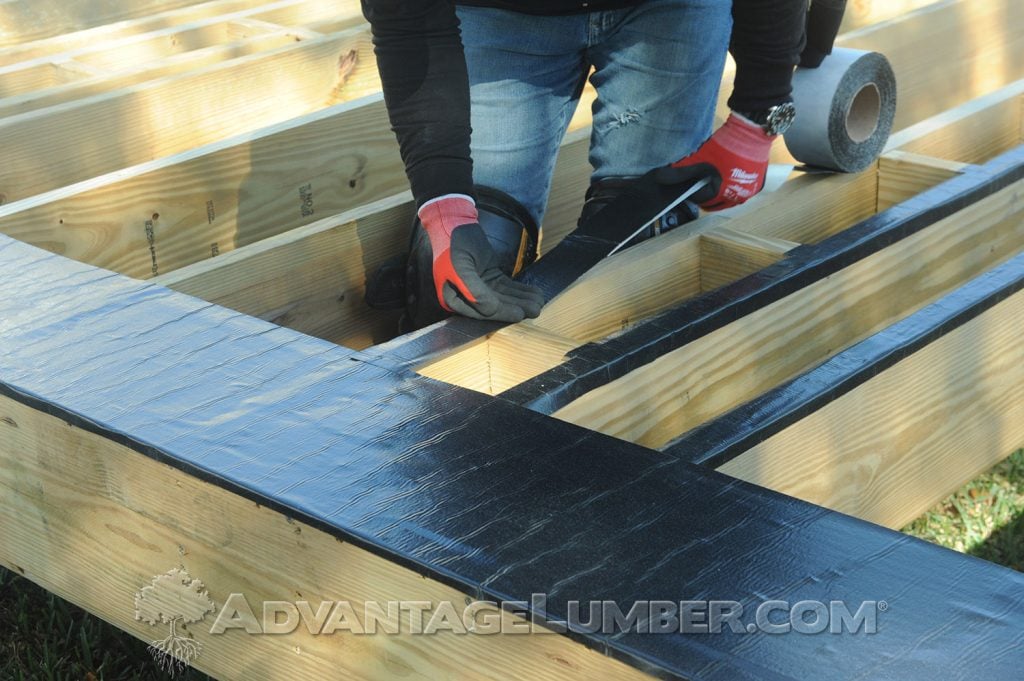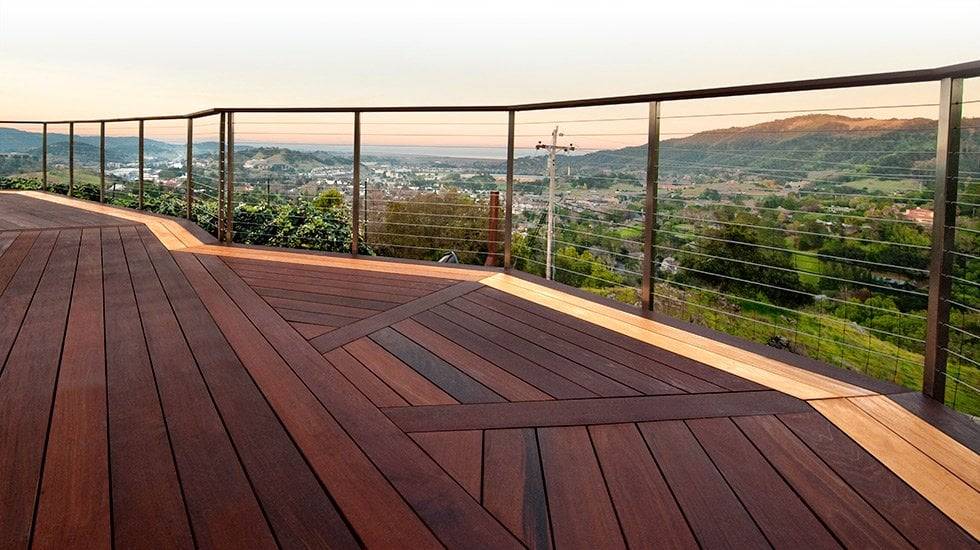When it comes to adding a deck to your home, one of the first questions that comes to mind is: “How much will it cost?”
The answer to this question is not straightforward as it largely depends on the materials you choose for your deck. In this blog post, we will explore the costs associated with different decking materials to help you make an informed decision for your next outdoor project.
Understanding Decking Material Costs
Decking materials vary significantly in price, durability, aesthetic appeal, and maintenance requirements. Here’s a detailed look at the costs per square foot for various decking materials:
Exotic Hardwood Decking Prices
- Ipe: $7.15
- Teak: $5.65
- Garapa: $5.06
- Brazilian Redwood: $5.06
- Cumaru: $5.05
- Mahogany: $4.08
- Golden Mahogany™: $4.08
- Tigerwood: $3.60
Composite and Synthetic Options
TimberTech Decking Prices:
- TimberTech® Vintage: $7.04
- TimberTech® Landmark: $6.17
- TimberTech® Harvest: $4.79
- TimberTech® Legacy: $6.61
- TimberTech® Reserve: $5.56
- TimberTech® Terrain: $4.03
- TimberTech® Prime+: $3.26
Trex Decking Prices:
- Trex Signature®: $8.45
- Trex Transcend Lineage®: $6.96
- Trex Transcend Earth Tones®: $6.46
- Trex Transcend Tropicals®: $6.46
- Trex Select Earth Tones®: $4.44
- Trex Enhance Naturals®: $3.34
- Trex Enhance Basics®: $2.42
Alternative Decking Materials
HDPE Decking Prices:
- Tangent® TanDeck™ Woodgrain: $5.63
- Tangent® TanDeck™ Standard: $4.20
Thermally Modified Wood Decking Prices:
- Arbor Wood Natrl Ash: $10.75
- Arbor Wood Natrl Pine: $5.21
Factors Influencing Deck Cost
Beyond the basic material costs, several other factors can affect the total price of your deck:
Size of the Deck: The larger the deck, the more materials and labor will be required.
Design Complexity: Custom designs, multiple levels, and additional features like railings or built-in seating can increase the cost.
Labor Costs: Depending on your location and the complexity of the project, labor can significantly impact the overall cost.
Maintenance Requirements: Some materials require more maintenance than others, which can add to the long-term cost of your deck.
Framing Materials: Pressure treated framing is the most economical choice for building your deck frame. However the newer pressure treated lumber does not seem to last as long as the old type that contained arsenic.
We’ve seen some of the newer frames start to rot in as little as 10-15 years. You can prolong your pressure treated framing by applying joist tape to the top of your joists before you install you deck boards.

There are alternative deck framing materials options such as steel deck framing that are made with galvanized steel and powder coated for added protection and a very long lifespan.
Choosing the Right Material for Your Budget
When selecting a decking material, it’s important to consider both the upfront cost and the long-term value. Hardwoods like Ipe and Teak offer durability and a classic look but come with a higher price tag. Composite materials like TimberTech and Trex require less maintenance and can mimic the look of wood at various price points. Alternative materials such as Tangent’s TanDeck™ and Arbor Wood provide unique aesthetics and performance characteristics.
Conclusion
Your deck is an extension of your home, offering a space for relaxation and entertainment. While the cost of decking materials can vary widely, understanding these costs is the first step in planning a deck that fits both your budget and your lifestyle. Whether you prefer the natural beauty of hardwood, the durability of composites, or the unique qualities of alternative materials, there’s an option out there to suit every preference and budget.
